I am prepared to die, but there is no cause for which I am prepared to kill
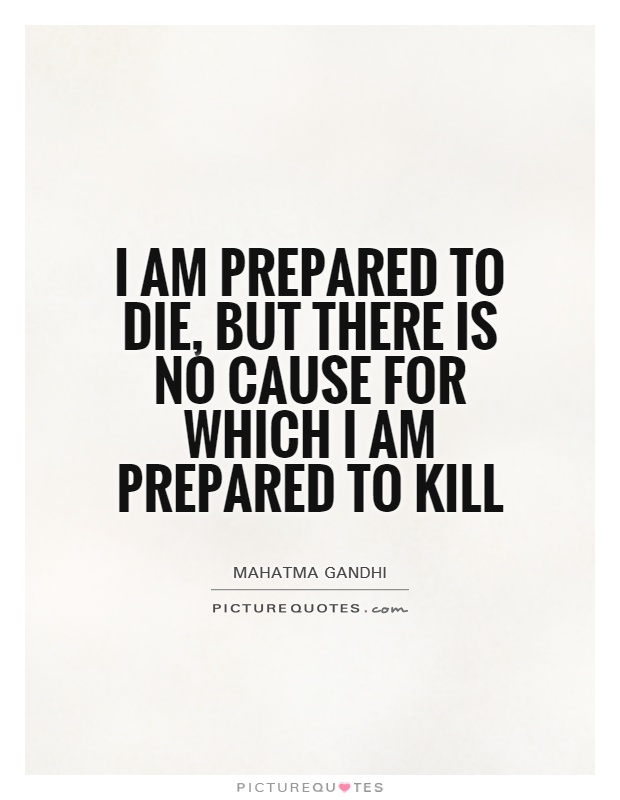
I am prepared to die, but there is no cause for which I am prepared to kill
Mahatma Gandhi, the revered leader of the Indian independence movement, was a staunch advocate for nonviolent resistance and civil disobedience. His philosophy of ahimsa, or nonviolence, was deeply rooted in his belief in the sanctity of all life and the interconnectedness of humanity. Gandhi famously said, “I am prepared to die, but there is no cause for which I am prepared to kill,” encapsulating his unwavering commitment to nonviolence as a means of achieving social and political change.Throughout his life, Gandhi faced numerous challenges and obstacles in his quest for Indian independence from British colonial rule. Despite facing violence and oppression from the British authorities, Gandhi remained steadfast in his commitment to nonviolent resistance. He believed that violence only begets more violence, and that true change could only come through peaceful means.
Gandhi’s philosophy of nonviolence was not just a political strategy, but a deeply held moral and spiritual belief. He believed that all life was sacred and that violence in any form was a violation of that sanctity. Gandhi saw violence as a sign of weakness, while nonviolence required great courage and strength. He famously said, “An eye for an eye only ends up making the whole world blind.”
Gandhi’s commitment to nonviolence was put to the test many times throughout his life, most notably during the Salt March of 1930. In protest of the British salt tax, Gandhi led a 240-mile march to the Arabian Sea to collect salt from the ocean. Despite facing violence and arrests from the British authorities, Gandhi and his followers remained peaceful and resolute in their protest. The Salt March became a turning point in the Indian independence movement and solidified Gandhi’s reputation as a leader of nonviolent resistance.
Gandhi’s legacy of nonviolence continues to inspire people around the world to this day. His message of peace, love, and compassion resonates with those who seek to create positive change in the world. Gandhi’s words, “I am prepared to die, but there is no cause for which I am prepared to kill,” serve as a powerful reminder of the enduring power of nonviolence in the face of oppression and injustice.


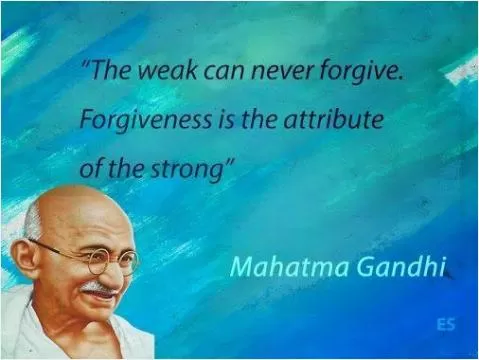

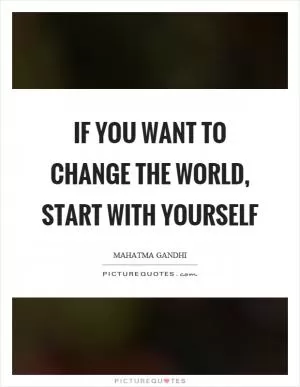
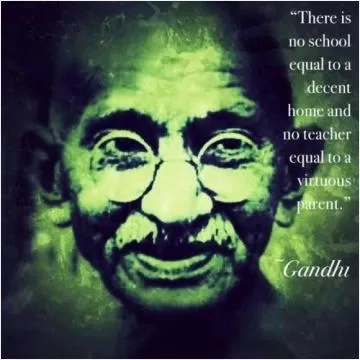


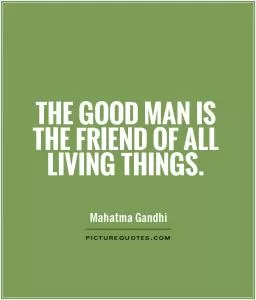
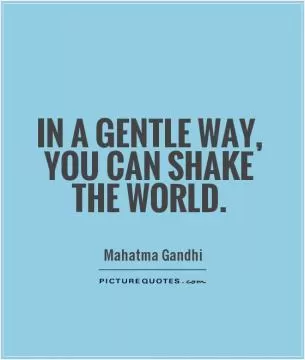
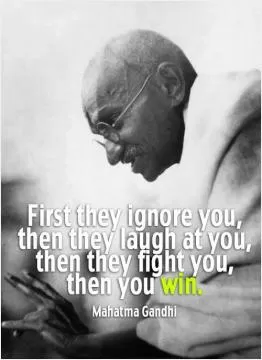
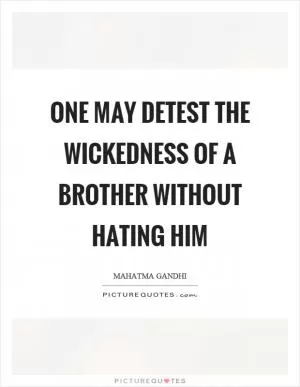
 Friendship Quotes
Friendship Quotes Love Quotes
Love Quotes Life Quotes
Life Quotes Funny Quotes
Funny Quotes Motivational Quotes
Motivational Quotes Inspirational Quotes
Inspirational Quotes